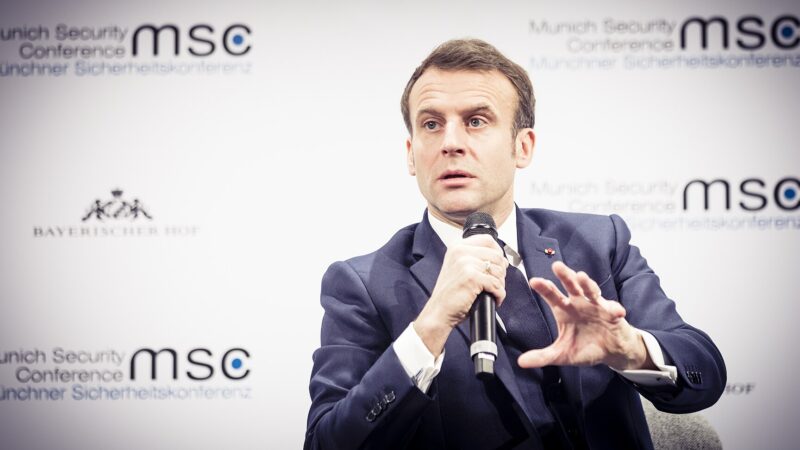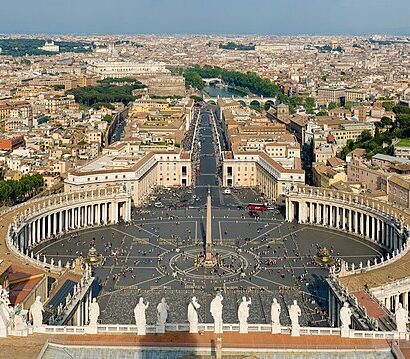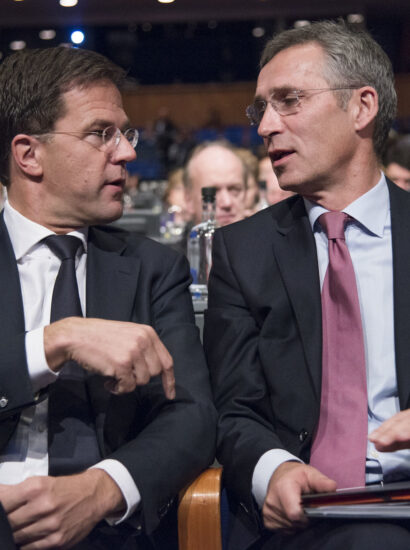Following months of protracted parliamentary procedure, France has finally adopted its budget for 2025. On February 6, the Senate approved, following its passage in the Assemblée Nationale, definitively enacting a bill whose earlier rejection had precipitated the collapse of the previous administration. Prime Minister François Bayrou, appointed in December 2024 by President Emmanuel Macron, has managed to enact the bill by employing Article 49.3 of the French Constitution.
The provision allows the prime minister of a minority government to force a law through the Assemblée Nationale without a parliamentary vote. The enactment, supported by a majority only in the Senate, but not in the lower house, necessitated the use of this mechanism.
France’s political landscape has been defined by minority governments since the 2022 legislative elections, with the Bayrou administration being the fourth in a row.
As the successive governments struggled in securing a majority in the Assemblée to pass budgets and other legislation, they repeatedly resorted to Article 49.3 of the Constitution.
This approach on the other hand led to major opposition parties repeatedly opting to no-confidence votes, their primary mean to challenge the agenda and to prevent the bill from passing.
The first minority government appointed by President Macron in June 2022, led by Prime Minister Élisabeth Borne, navigated 17 non-confidence motions, the most prominent one being a response to a law raising the age of retirement. After Borne’s resignation, Gabriel Attal assumed the office. He filed for dismissal after Macron dissolved the Assemblée Nationale and called for snap elections in June 2024, resulting in another electoral defeat for the government.

DHS Deputy Secretary John Tien conducts a bilateral meeting with French Minister of Public Action and Accounts, Gabriel Attal, and others at DHS Headquarters in Washington, DC (Photo by Sydney Phoenix)
Attal’s successor, Michel Barnier spent only 99 days in office before being brought down by a no-confidence vote in December last year. But not only minority governments ended in resignations, even the two prime ministers serving in Macron’s first presidential term from 2017 until 2022, Édouard Philippe and Jean Castex ended their tenures similarly.
French politics may appear malfunctional now, but that is an oversimplified view on France’s semi-presidential system.
The president, directly elected by the people, wields significant executive power and holds a vastly political role. He appoints government officials from among the Assemblée’s deputies, who were elected through separate legislative elections. Although there is the constitutional possibility of triggering cohabitation – when president and prime minister come from antagonistic parties – but Macron is visibly opting against this, preferring instead a government aligned with his political convictions and interests.
Macron’s frequent changes in prime ministers appear to be a deliberate strategy to navigate political crises, whilst adjusting his administration to the new political landscape.
Prime ministerial changes all coincided with elections, crises or periods of declining popularity, implying a calculated effort to use them as a tool for political renewal.
By personalising these transitions, Macron might aim to cushion the impact of political challenges, thereby regaining control over the political agenda.
Macron vowed just last December to stay in office until the next regular presidential elections in 2027. With the social security budget for 2025 pending and Bayrou having undergone four no-confidence votes in his brief tenure already, we can hypothesize that Macron’s presidency might be the only stable element in French politics for the months to come.








[…] Trzaskowski wins in the end, then, could we affirm that the “Europeanism” embodied by Macron and now with Nicusor Dan in Romania, would live a resurgence? Or would it be just a fleeting moment […]